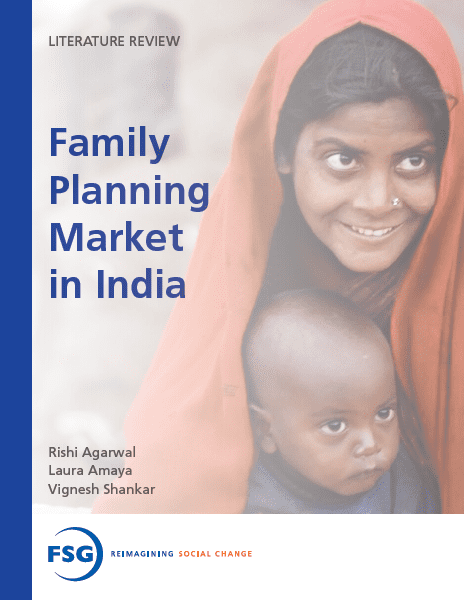This literature review captures existing knowledge across a range of products and players in India’s family planning market. The product scope covers condoms, oral contraceptive pills, injectable contraceptives, intra-uterine devices, and male and female sterilization.
The broad reach of this analysis brings diverse perspectives together to provide a complete picture of the current state of the market. The review can be particularly useful for field practitioners, donors, and other players looking to understand the current state of discovery in the India family planning market.
Top Takeaways
- The manufacturing of family planning products in India has increasingly become private sector-led, and while some manufacturers service the domestic market, many choose to supply to international marketers and institutional buyers.
- Public and private sector service providers, including OBGYN and MBBS doctors, do not provide balanced and adequate family planning services to consumers, often due to a combination of poor training, labor capacity constraints, and biases regarding users and methods.
- Many consumers equate family planning to female sterilization, which is intensified by governmental monetary incentives to both consumers and to outreach workers for persuading consumers to opt for this method.
- The bulk of the existing literature on the family planning market in India focuses on providers and consumers. Upstream value-chain players in the public and private sectors also have great potential for driving the market and warrant further study.


